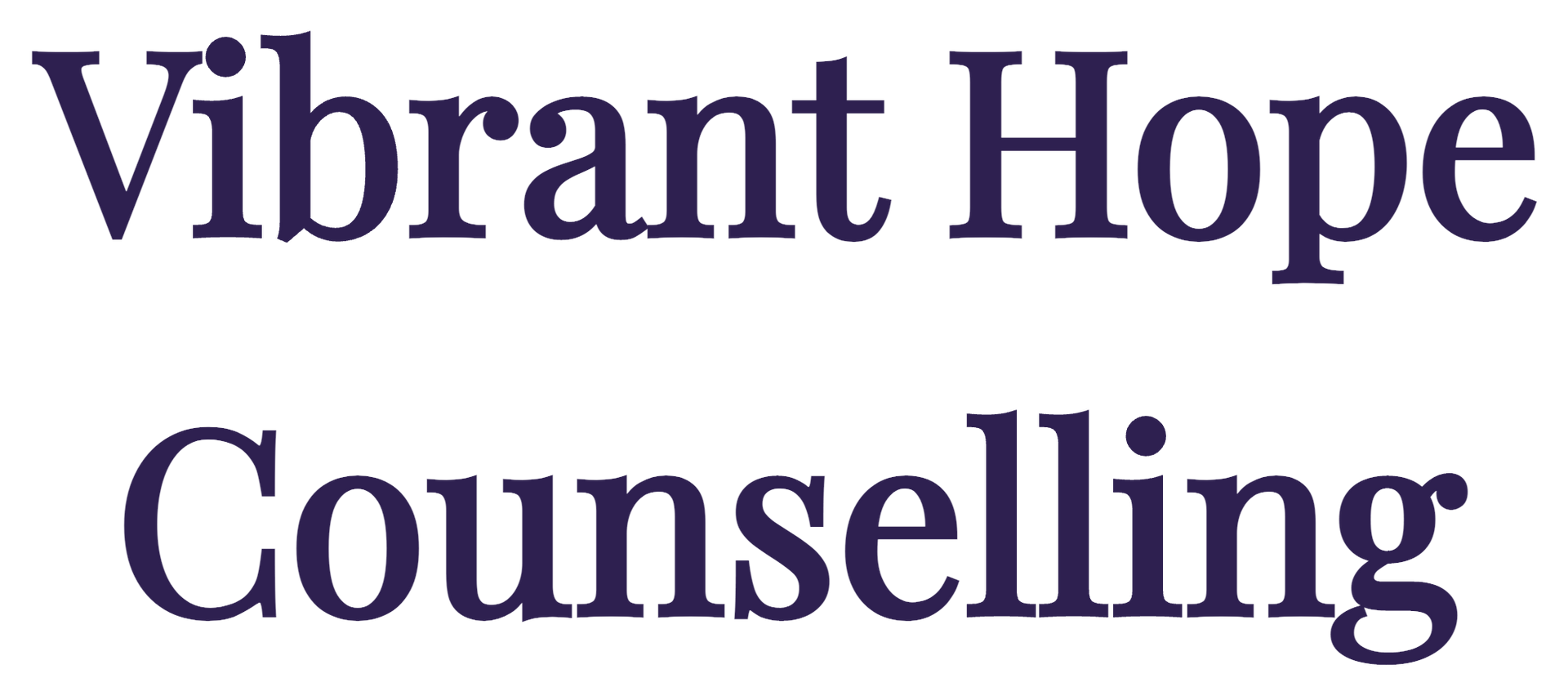Modalities
Cognitive Behaviour Therapy
Cognitive Behaviour Therapy or CBT is a short-term, problem-focused form of counselling that helps people see the difference between beliefs, thoughts, and feelings, and free them from unhelpful patterns of behaviour.
CBT is grounded in the belief that it is a person’s perception of events – rather than the events themselves – that determines how he or she will feel and act in response.
CBT can help with:
- Depression
- Anxiety
- Panic attacks
- Phobias
- Obsessive-compulsive disorders (OCD)
- Post-traumatic stress disorder (PTSD)
- Substance dependency
- Persistent pain
- Disordered eating
- Anger management issues
Most people with clearly defined behavioural and emotional concerns tend to reap the benefits of CBT. If any of the above issues resonate with you, I encourage you to try cognitive behavioural therapy.
With CBT, you’ll be able to adjust the thoughts that directly influence your emotions and behaviour. This adjustment process is referred to as cognitive reconstructing, which happens through different CBT techniques.
Some CBT techniques are:
- Journalling
- Challenging beliefs
- Relaxation
- Meditation
- Mindfulness
- Social, physical and thinking exercises
Cognitive Behaviour Therapy is much more than sitting and talking about whatever comes to mind during a session. CBT sessions are structured to ensure that the therapist and the person in treatment are focused on the different goals of each session, which in turn ensures that each and every session is productive.
If you or someone you know would benefit from cognitive behaviour therapy, please contact us today. We would be happy to speak with you about how we may be able to help.
Eye Movement Desensitization and Reprocessing (EMDR)
EMDR is a structured, evidence-based therapy designed to help individuals process and heal from trauma, and negative beliefs. It is particularly effective in treating post-traumatic stress disorder (PTSD) but is also used for anxiety, depression, and other emotional difficulties.
EMDR Therapy involves a series of guided eye movements or other forms of dual attention stimulation (such as tapping or auditory tones) while focusing on distressing memories or beliefs. This process helps reprocess traumatic experiences, reducing their emotional intensity and allowing new, more adaptive beliefs to form. Unlike traditional talk therapy, EMDR does not require extensive discussion of the traumatic event but instead helps the brain process it in a way that promotes healing.
What Can EMDR Help With?
EMDR is used to treat a variety of issues, including:
- PTSD and Trauma
- Anxiety and panic attacks
- Phobias
- Depression
- Grief and loss
- Low self-esteem and negative beliefs
What to Expect in EMDR Therapy
EMDR is typically an eight-phase process that includes history-taking, preparation, assessment, desensitization, installation of positive beliefs, body scan, closure, and reevaluation. Sessions are guided by a trained EMDR Therapist who ensures a safe and supportive environment throughout the process.
Is EMDR Right for You?
If you struggle with distressing memories or emotional difficulties that feel “stuck”, EMDR may be an effective approach. Many individuals experience relief and lasting change after completing EMDR therapy.
If you’d like to learn more or explore whether EMDR is right for you, feel free to reach out for a free 15 minute telephone consultation.



